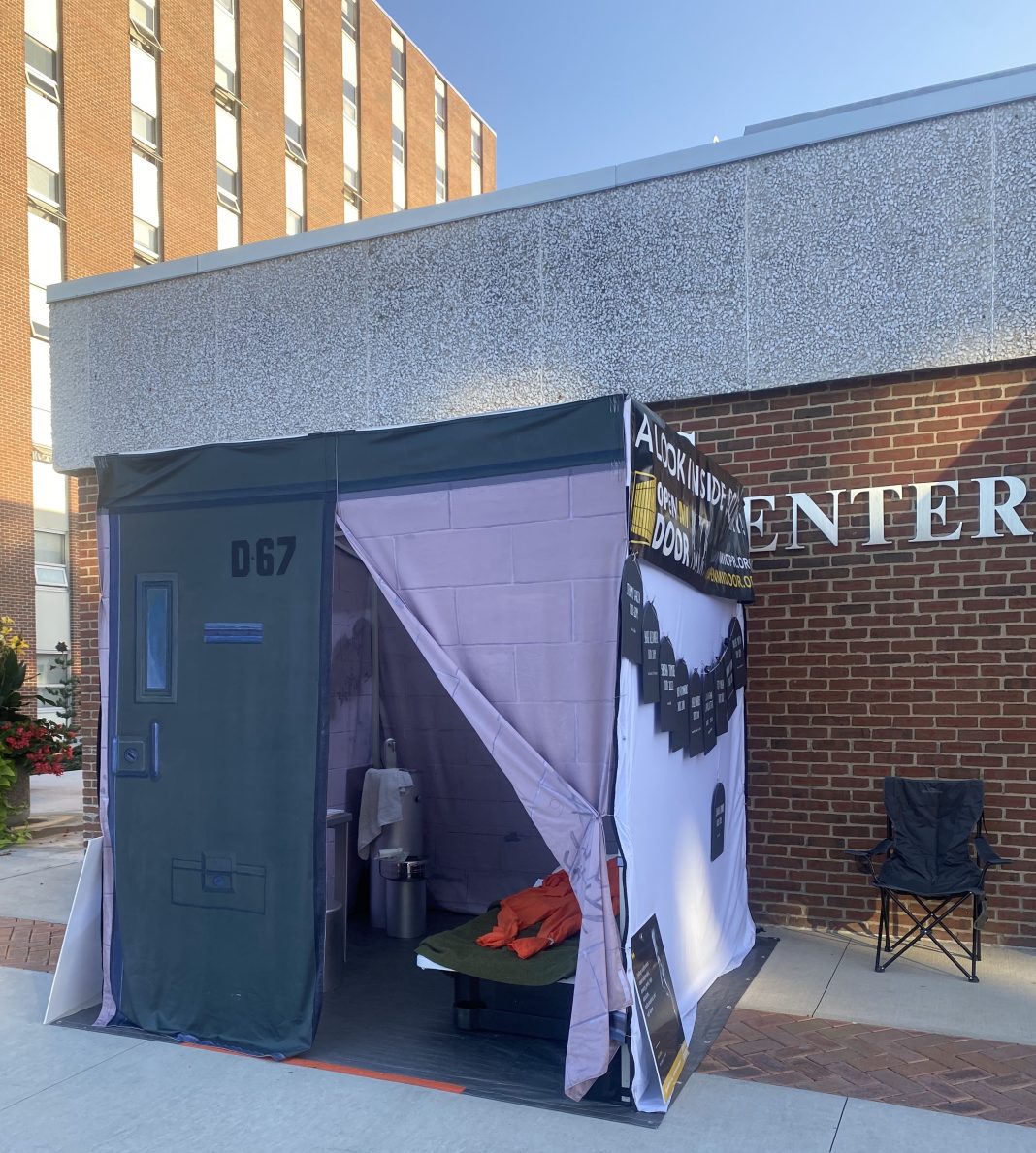In 1966, Barbara Allan was a 30-year-old mother fleeing an abusive marriage with her two young daughters, unaware that a tragic event was unfolding in her old home on Long Island. Her estranged husband, Gene, murdered his father, an act that would haunt Allan for decades. Had she not escaped, she might have been the one lying lifeless on the kitchen floor. This harrowing experience marked the beginning of Allan’s long journey through the complexities of the criminal justice system, a journey that would lead her to become a voice for those affected by incarceration.
Despite the trauma she endured, Allan chose to visit Gene in prison, first at Nassau County Jail and later in facilities upstate. Her visits illuminated a stark reality: the very system designed to protect victims often felt dehumanizing and intimidating. “I felt like I’d been punished with a kind of invisible sentence,” she later reflected in her memoir. This realization spurred her to co-found Prison Families Anonymous in the 1970s, a support group for families of incarcerated individuals. Over the years, she witnessed the prison system’s relentless expansion, ensnaring more lives in its grasp. Now 88, Allan expresses a profound sadness over the entrenched machinery of mass incarceration, where punishment often overshadows compassion.
I first encountered Allan in 2015 at a conference in Dallas, Texas, aimed at connecting families of the incarcerated. At that time, the political landscape was shifting, with then-presidential candidate Hillary Clinton pledging to address the issues of mass incarceration. However, many attendees were skeptical, recalling the “tough on crime” policies enacted during her husband Bill Clinton’s presidency, including the infamous 1994 crime bill. The skepticism was palpable; for those who had lived through the consequences of such policies, promises of reform felt hollow.
Fast forward to the present, and the political climate has shifted again. Kamala Harris, who rose to prominence as a senator after Donald Trump’s election in 2016, initially championed legislation aimed at making the criminal justice system more equitable. However, her past as a prosecutor has cast a long shadow over her political aspirations. As she gears up for the 2024 election, her silence on prison reform has disappointed many, including Allan, who remains steadfast in her support for Harris, viewing her as a preferable alternative to Trump. “I’d rather vote for my cocker spaniel,” Allan quipped when asked about her feelings toward the former president.
At the recent Connecting 4 Justice International conference in Ashland, Ohio, I reconnected with Allan and observed the palpable tension surrounding the upcoming election. The conference, a gathering of families impacted by incarceration, was a reminder of the profound disconnect between political rhetoric and the lived experiences of those affected by the criminal justice system. Many attendees expressed disillusionment with politicians, feeling that their struggles were often overlooked. “You can’t make people care,” said Kayla Victor, the event organizer, echoing a sentiment shared by many.
The conference featured a mix of workshops and discussions, but the overarching theme was the stigma and daily hardships faced by families of the incarcerated. One poignant exercise involved navigating difficult conversations about incarceration, highlighting the emotional toll on families. Another session focused on personal finance, illustrating the sacrifices families make to support their loved ones behind bars. These discussions underscored a harsh reality: for many, survival takes precedence over political engagement.
The ambivalence toward presidential candidates was evident. While some attendees leaned toward Harris, many viewed her as merely the lesser of two evils. “It’s the state and local government that have more of an effect on our lives, not a president,” one participant noted, emphasizing the importance of grassroots advocacy. This sentiment was echoed by Lois Pullano, an activist whose son was incarcerated. She advocates for reform in Michigan’s prison system, navigating the often frustrating political landscape. “It’s very important for me to work both sides of the aisle,” she remarked, highlighting the necessity of bipartisan cooperation for meaningful change.
The conference also showcased the impact of educational initiatives for incarcerated individuals. Ashland University has become a leader in providing educational opportunities, thanks to the restoration of Pell Grants for prison education. This initiative, which began under the Obama administration and was expanded during the Trump presidency, has enabled thousands of incarcerated individuals to pursue higher education. Mario Redding, who recently graduated from Ashland’s program after serving 17 years in prison, spoke passionately about the transformative power of education. “I left with a bachelor’s and a 3.7 GPA,” he proudly stated, illustrating how education can serve as a lifeline for those seeking to rebuild their lives.
As the conference concluded, the participants’ stories painted a vivid picture of resilience amid adversity. Many expressed a desire for political candidates to address the realities of mass incarceration, yet there was a palpable sense of resignation. “I don’t think either one will,” one woman lamented, reflecting a widespread belief

